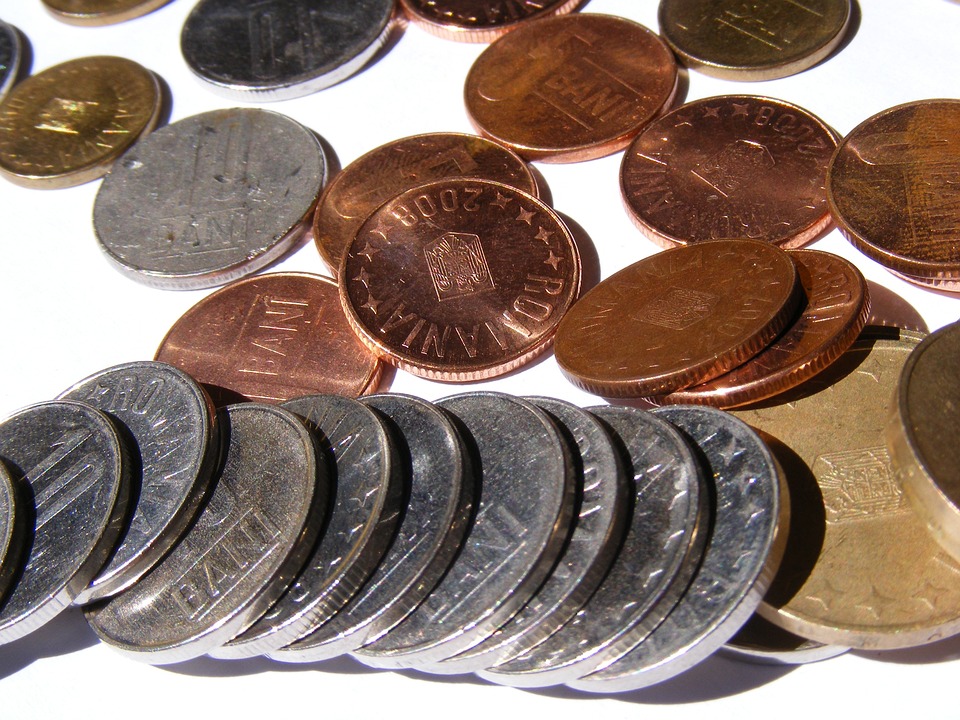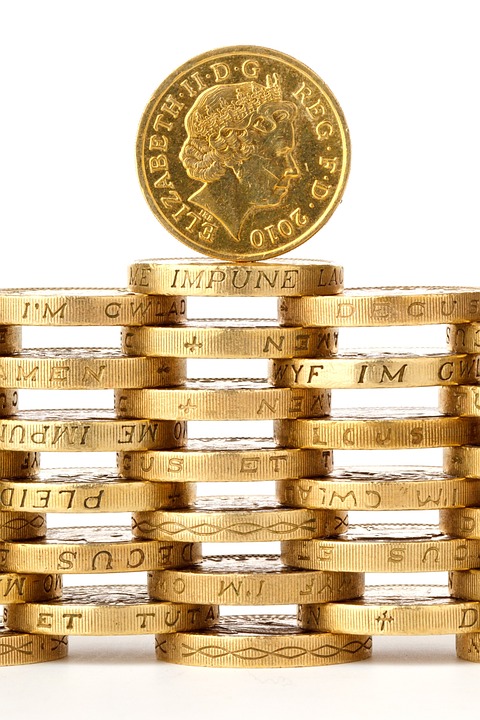Last updated Jul. 23, 2024 by Okechukwu Nkemdirim
Understanding your credit report can be a daunting task, especially when you see an old credit card listed that you no longer use. This often raises a plethora of questions and concerns: Why is this old credit card still there? Does it negatively affect my credit score? Should I take any action? In this article, we aim to demystify why old credit cards remain on your credit report, what their presence means, and how to manage your credit appearance effectively.
What is a Credit Report?
A credit report is a detailed record of your credit history, compiled by one of three major credit bureaus: Equifax, Experian, and TransUnion. It includes information such as your personal details, credit accounts, payment history, credit inquiries, and public records like bankruptcies or judgments. Lenders use this report to assess your creditworthiness when you apply for new credit, be it a credit card, mortgage, or auto loan.
The Role of Credit Cards in a Credit Report
Credit cards play a crucial role in determining your credit score. Factors such as payment history, credit utilization ratio, length of credit history, types of credit in use, and new credit inquiries all contribute to your credit score calculation. Specifically, the length of your credit history and payment history have a significant impact on your score. Hence, understanding how these aspects are recorded and reported is essential.
Why Is the Old Credit Card Still There?
Credit History Length
One of the primary reasons an old credit card remains on your credit report is to maintain the record of your credit history length. Older accounts contribute positively to the ‘length of credit history’ component of your credit score, which accounts for 15% of your overall score. Keeping older accounts open can demonstrate long-term credit use, thereby boosting your creditworthiness.
Positive Payment History
If the old credit card reflects a positive payment history, it can be beneficial to your credit score. Payment history accounts for 35% of your credit score, and having a record of consistent, on-time payments over an extended period can elevate your score.
Lender Reporting Practices
Lenders report account information to the credit bureaus on a regular basis. This information typically remains on your credit report for seven years following the closure of the account. So, even if you’ve closed an account, it can persist in your report for a significant period.
Does It Negatively Affect My Credit Score?
Positive vs. Negative Information
If the old credit card exhibits a positive payment history and has no outstanding balance, its presence on your credit report is more likely to contribute positively to your credit score. On the other hand, any negative information associated with the account, such as late payments or defaults, will negatively impact your score until the information naturally falls off your report, generally after seven years.
Credit Utilization Ratio
Though closed accounts with zero balances do not factor into your credit utilization ratio (the amount of your credit limit in use), open accounts do. If the old account had a high credit limit and was closed, the reduced total credit limit might negatively impact your utilization ratio. Lower credit limits mean higher utilization if balances on other cards remain unchanged, potentially decreasing your credit score.
Length of Credit History
An older credit card increases the average age of your accounts, which is a favorable factor. The average age of your credit accounts is an essential aspect of the ‘length of credit history’ category. Removing the old card could shorten this average age, thereby affecting your score unfavorably.
✓ Short Answer
Old credit cards remain on your report to maintain a record of your credit history length and payment consistency. Positively managed accounts can enhance your credit score, though closed accounts may affect your credit utilization ratio negatively.
Steps to Manage Old Credit Cards on Your Report
Assess the Account History
First, evaluate the complete history of the old account. Determine if it reflects positively (on-time payments and no outstanding balance) or negatively (late payments or defaults). Positive accounts should be left undisturbed, as they contribute favorably to your credit score.
Verify the Information
Ensure that all information related to the old credit card is accurate. Check the balance, account status, and payment history. If you find any discrepancies, report them to the credit bureaus for correction.
Decide on Closure
If the old credit card is still open and you are considering closing it, think twice. Closing an account can impact your credit utilization ratio and reduce the length of your credit history. Consider keeping it open and using it occasionally to keep the account current.
Contact the Issuer
If you need clarification or wish to close an old credit card, contact the card issuer. Often, they can provide solutions such as product changes, reduced annual fees, or guidance on managing old accounts effectively.
Regular Monitoring
Regularly monitor your credit report through annual credit report services or credit monitoring tools. Staying aware of your credit history and changes can help you take proactive steps to maintain a healthy credit score.
Common FAQs
1. How can I remove an old credit card from my credit report?
You generally cannot remove an old credit card from your credit report unless it’s due to a factual inaccuracy. Positive accounts should be left untouched, while negative information will automatically drop off after seven years.
2. Does closing an old credit card account affect my credit score?
Yes, closing an old credit card can affect your credit utilization ratio and the length of your credit history, potentially leading to a lower credit score.
3. For how long does an old credit card account remain on my credit report?
An old credit card account typically remains on your credit report for up to seven years after account closure.
4. What should I do if I find inaccuracies related to my old credit card on my credit report?
Report the inaccuracies to the credit bureaus by submitting a dispute online or through mail. The credit bureaus will investigate and correct any verified errors.
5. Can an old credit card with negative information be removed before seven years?
Negative information usually cannot be removed before seven years unless it’s proven to be incorrect. Accurate negative data remains until it naturally falls off your report.
6. Is it beneficial to keep old credit cards open?
Yes, keeping old credit cards open with a positive payment history can benefit your credit score by enhancing the length of credit history and managing the credit utilization ratio.
Conclusion
Understanding the impact of old credit cards on your credit report can help you make informed financial decisions. While old accounts can have various implications, they also provide valuable historical data that contribute significantly to your credit profile. Regular monitoring, accurate verification, and informed decision-making ensure that your credit report accurately reflects your financial behavior, ultimately safeguarding and potentially improving your credit score.




